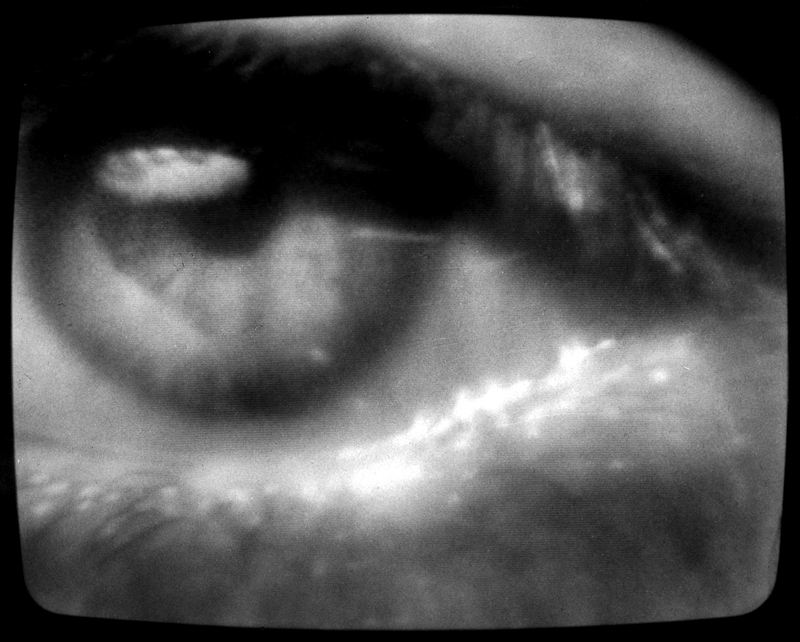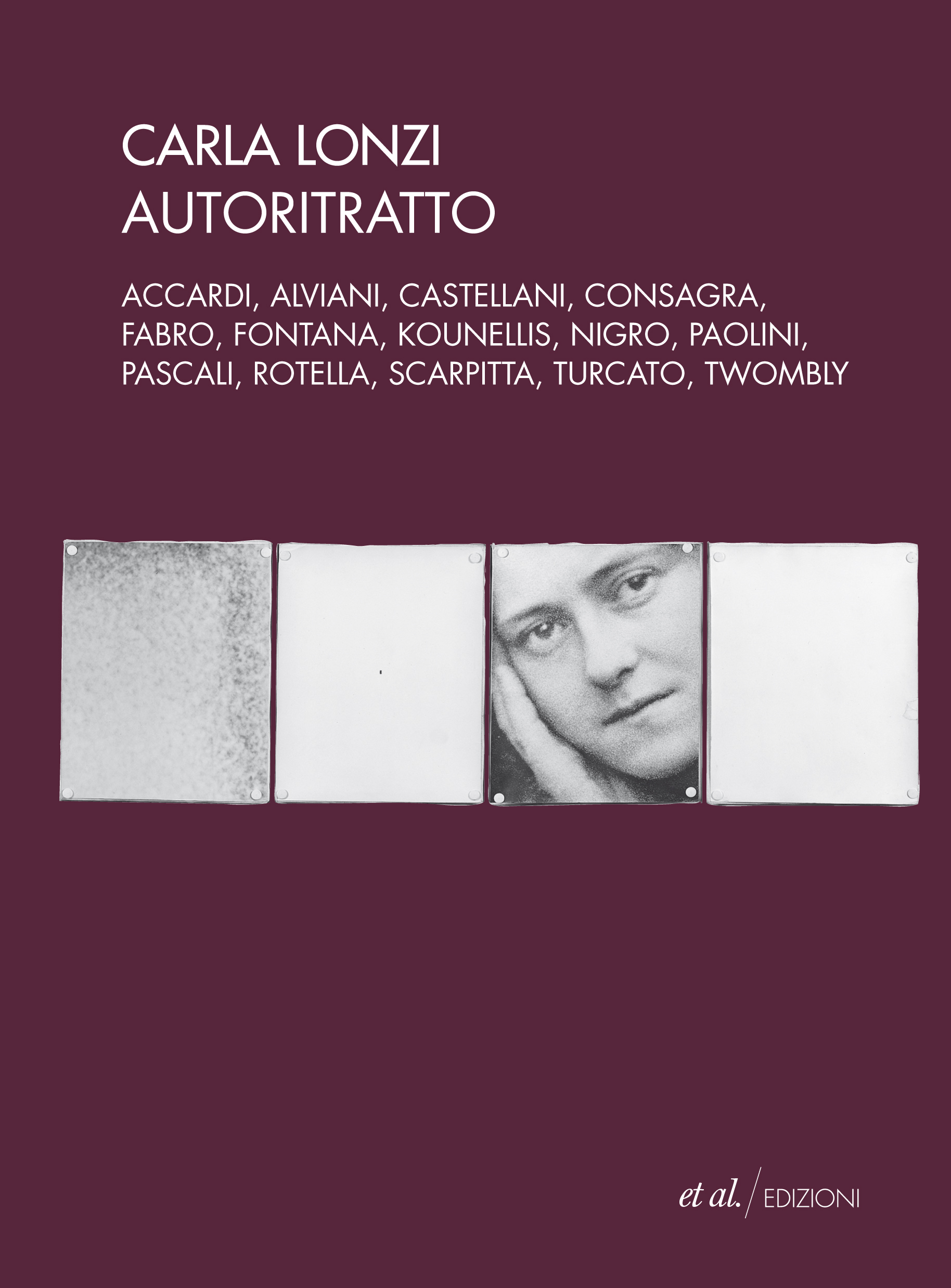ABOUT THE PROJECT

The raw material of oral history . . . is pre-eminently an expression and representation of culture, and therefore includes not only literal narrations but also the dimensions of memory, ideology and subconscious desires.
(Passerini, 1979, p. 84, cited in Green, 2008, p. 90)
An Invisible Guest: Mapping Voices, Relations and Agencies is an online project based on the interviews conducted at Central Saint Martins. Encompassing a plurality of narratives around relationships and professional and artistic careers cultivated over the years in the school, this project aspires to capture the stories falling in-between the lines. It centers agency in the core of everything, reminding us to view subjectivities and memories as situated, partial and incomplete. Moreover, it binds the author(s)/producer(s)/curator(s) of this project to reflect on their own agencies throughout the process; acknowledging positions on which the interaction and engagement with the material as well as the audience happen from.
Following in the footsteps of an Italian feminist art critic Carla Lonzi’s Autoritratto (Self-Portrait) (1969), this project embodies ‘creative subjectivity’, which steps away from patriarchal ideas linked to individuality, and instead aspires to seize experiences and processes through active engagement with the existing material that challenges notions of visibility. Intertwining the narratives of history with the contemporary ones, alternative spaces are born, decentering the project from a singular point of reference.
An Invisible Guest, aims to critically unpack the scenes behind the archival collection: Whose voices are being heard? Who is absent? Who are the gatekeepers? Building on methodologies of care, this project aims to build bridges and conversations between past generations and contemporary creatives within the art institution, bringing up the challenges of now and then and creating interstices where different voices and subjectivities can be heard. Édouard Glissant’s statement on the ‘right to opacity’ is applied as a way of praxis and understanding between the agents of this project to reclaim multiplicities of voices, while aiming to form a transparent way of interacting both with the new interviewees as well as the audience. By deconstructing and demystifying the structures, histories and myths surrounding the institution, the project reveals whose narratives constitute the art school.
This online Archival/Curatorial project is the work of Franki McDade, Catherine Yuhui Li, Alexander Aplerku, Nimco Hussein, Maria Demine, Clémentine Dubost, and Wenqing Liang – seven curators with varied expertise, compiling both UK and international backgrounds.
Many thanks to Janine Francois, Jamie Sutherland, Siyan Zhang, our wonderful podcast guests as well as Annabel Crowley, Tom Lynch, Rahul Patel, Alyshia Jack, Lara Bazzoui (WIM), Pinky Latt, Dee Juneja, Catherine Caldwell, Sarah Campbell, Alejandro Ball, Alison Green, and Lee Weinberg who have supported this project through its journey.
Passerini, L. (1979). Work ideology and consensus under Italian fascism. In History Workshop Journal (Vol. 8, No. 1, pp. 82-108). Oxford University Press.
(Passerini, 1979, p. 84, cited in Green, 2008, p. 90)
An Invisible Guest: Mapping Voices, Relations and Agencies is an online project based on the interviews conducted at Central Saint Martins. Encompassing a plurality of narratives around relationships and professional and artistic careers cultivated over the years in the school, this project aspires to capture the stories falling in-between the lines. It centers agency in the core of everything, reminding us to view subjectivities and memories as situated, partial and incomplete. Moreover, it binds the author(s)/producer(s)/curator(s) of this project to reflect on their own agencies throughout the process; acknowledging positions on which the interaction and engagement with the material as well as the audience happen from.
Following in the footsteps of an Italian feminist art critic Carla Lonzi’s Autoritratto (Self-Portrait) (1969), this project embodies ‘creative subjectivity’, which steps away from patriarchal ideas linked to individuality, and instead aspires to seize experiences and processes through active engagement with the existing material that challenges notions of visibility. Intertwining the narratives of history with the contemporary ones, alternative spaces are born, decentering the project from a singular point of reference.
An Invisible Guest, aims to critically unpack the scenes behind the archival collection: Whose voices are being heard? Who is absent? Who are the gatekeepers? Building on methodologies of care, this project aims to build bridges and conversations between past generations and contemporary creatives within the art institution, bringing up the challenges of now and then and creating interstices where different voices and subjectivities can be heard. Édouard Glissant’s statement on the ‘right to opacity’ is applied as a way of praxis and understanding between the agents of this project to reclaim multiplicities of voices, while aiming to form a transparent way of interacting both with the new interviewees as well as the audience. By deconstructing and demystifying the structures, histories and myths surrounding the institution, the project reveals whose narratives constitute the art school.
This online Archival/Curatorial project is the work of Franki McDade, Catherine Yuhui Li, Alexander Aplerku, Nimco Hussein, Maria Demine, Clémentine Dubost, and Wenqing Liang – seven curators with varied expertise, compiling both UK and international backgrounds.
Many thanks to Janine Francois, Jamie Sutherland, Siyan Zhang, our wonderful podcast guests as well as Annabel Crowley, Tom Lynch, Rahul Patel, Alyshia Jack, Lara Bazzoui (WIM), Pinky Latt, Dee Juneja, Catherine Caldwell, Sarah Campbell, Alejandro Ball, Alison Green, and Lee Weinberg who have supported this project through its journey.
Passerini, L. (1979). Work ideology and consensus under Italian fascism. In History Workshop Journal (Vol. 8, No. 1, pp. 82-108). Oxford University Press.

THE ARCHIVAL COLLECTION
1. Ralph Koltai
2. Audrey Levy
3. Susan Einzig
4. Alison Britton
5. John Lawrence & Myra Lawrence
6. Simon Pugh
7. Hanna Weil
8. Bobby Hillson
9. Neville Morgan
10. Peter Avery
11. Jane Short
12. David Crisp
13. Margaret Till
14. Chris Wiggs
15. Amal Ghosh
16. Judith Kerr
17. Paul Eachus
18. Sally Jacobs
19. Ken Clark & Ann Clark
20. Mike Thorpe
2. Audrey Levy
3. Susan Einzig
4. Alison Britton
5. John Lawrence & Myra Lawrence
6. Simon Pugh
7. Hanna Weil
8. Bobby Hillson
9. Neville Morgan
10. Peter Avery
11. Jane Short
12. David Crisp
13. Margaret Till
14. Chris Wiggs
15. Amal Ghosh
16. Judith Kerr
17. Paul Eachus
18. Sally Jacobs
19. Ken Clark & Ann Clark
20. Mike Thorpe
21. Nick Morris & William Raeburn
22. Peter Johns
23. Jane Garnett & Richard Garnett
24. Richard Doust
25. Fritz Wegner
26. Kathryn Hearn
27. Rob Kesseler
28. Phil Baines
29. Posy Simmonds & Richard Hollis
30. John Drummond & Ruth Harris
31. Steve Furlonger
32. Colleen Farr
33. Malcolm Cocks
34. John Laing
35. Ken Garland
36. David Curtis
37. Anthony Powell
38. Sara Midda
39. Jane Rapley
40. Martin Grierson
22. Peter Johns
23. Jane Garnett & Richard Garnett
24. Richard Doust
25. Fritz Wegner
26. Kathryn Hearn
27. Rob Kesseler
28. Phil Baines
29. Posy Simmonds & Richard Hollis
30. John Drummond & Ruth Harris
31. Steve Furlonger
32. Colleen Farr
33. Malcolm Cocks
34. John Laing
35. Ken Garland
36. David Curtis
37. Anthony Powell
38. Sara Midda
39. Jane Rapley
40. Martin Grierson
41. Robert Addington
42. Howard Tangye
43. David Parsons
44. Carly Ralph
45. Natalie Gibson
46. Louise Wilson
47. Scilla Speet
48. Pamela Howard
49. Anna Buruma
50. Giles Last
51. Howard Asher
52. Malcolm Le Grice
53. Richard Slee
54. Derek Birdsall
55. Mike Peel
42. Howard Tangye
43. David Parsons
44. Carly Ralph
45. Natalie Gibson
46. Louise Wilson
47. Scilla Speet
48. Pamela Howard
49. Anna Buruma
50. Giles Last
51. Howard Asher
52. Malcolm Le Grice
53. Richard Slee
54. Derek Birdsall
55. Mike Peel
PROJECT MANIFESTO
This manifesto includes the project principles which have led the process as well as dictated the research and the creation of this project. The manifesto holds the values of this project that ensure it is inclusive with modern cultural norms, and that it has a solid ethical foundation.
Diversity
Due to the periodic context of the project, with the interviewers being born as early as 1920's, this project takes a critical stand about the lack of diversity within the interviewee sample. This project commits to critically analyse and highlight the gaps of representation and work towards addressing them within the body of the project. For instance, one of the project aims is to actively include BAME artists, students and lectures from Central St. Martins, which were not originally included within the archive collection.